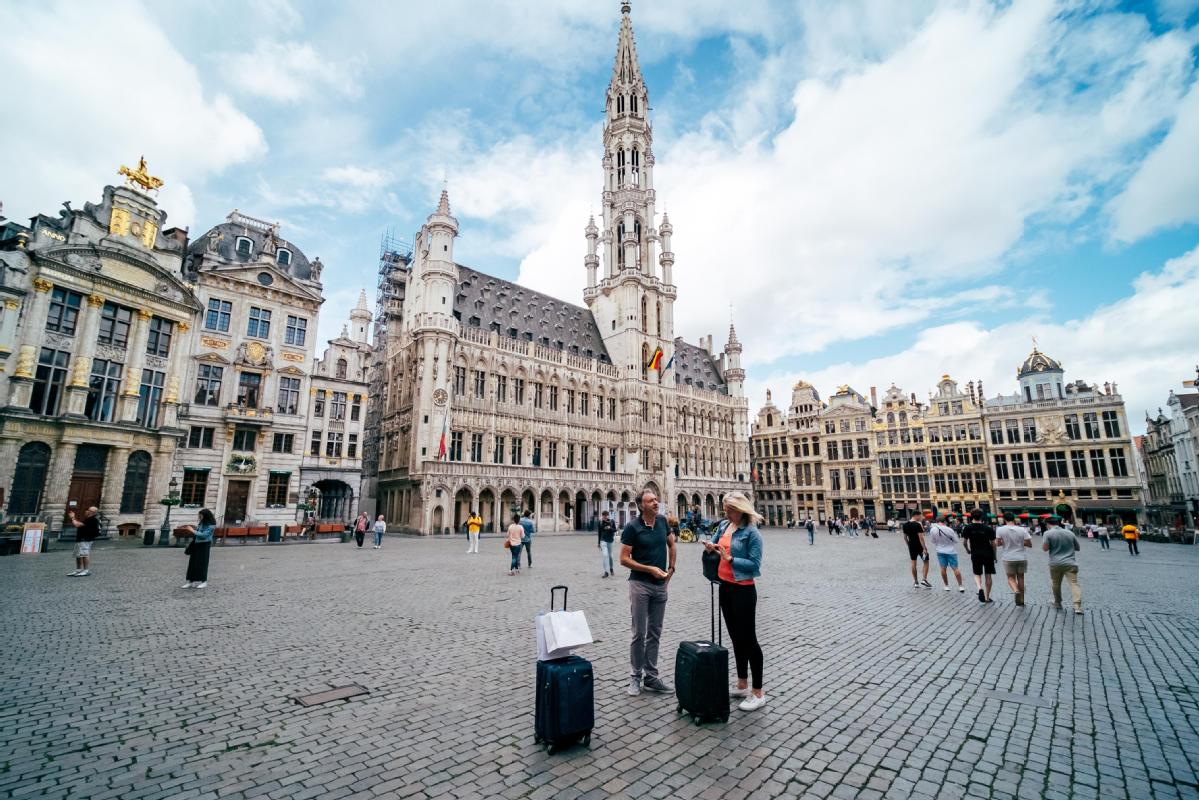EU raises its guard against pandemic


"It's those moments when they take them off-when they are at a bar, when they are at a restaurant, when they are at a family event-and that's where transmission starts to occur again," he said.
With 272,421 cases and 28,432 deaths from COVID-19 by Saturday, according to the WHO, Spain has the highest number of infections in the EU and the third-highest number of deaths after Italy and France.
Tourism, which accounts for 16 percent of Spanish GDP, is expected to take a hit from the new lockdown measures, with the UK announcing on Saturday that travelers arriving from Spain would have to be quarantined for 14 days.
In Germany, Michael Kretschmer, premier of the eastern state of Saxony, warned on Saturday, "The second coronavirus wave is already here."
He told the Rheinische Post newspaper, "We have new clusters of infection every day, which could become very high numbers."
The German government has stressed that the reproduction rate for the disease must remain below 1, but the most recent figure was 1.16.
German broadcaster DW reported that more than 60 percent of the new cases stem from a rebound in infections in the western state of North Rhine-Westphalia and in Baden-Wurttemberg in the southwest of the country.
It quoted health officials as saying that new COVID-19 clusters have been traced to large celebrations, leisure activities and workplaces, visits to community and health facilities, and travelers returning to the country.
On Saturday, Italy, which has also decided against opening its borders to non-EU states, joined a number of countries requiring travelers arriving from Bulgaria and Romania to undergo a 14-day quarantine period due to a rise in cases in these two nations.
More than 1 million Romanians and 60,000 Bulgarians work in Italy, mostly in construction, care for the elderly and agriculture, Bulgaria's Sophia Globe website reported.























